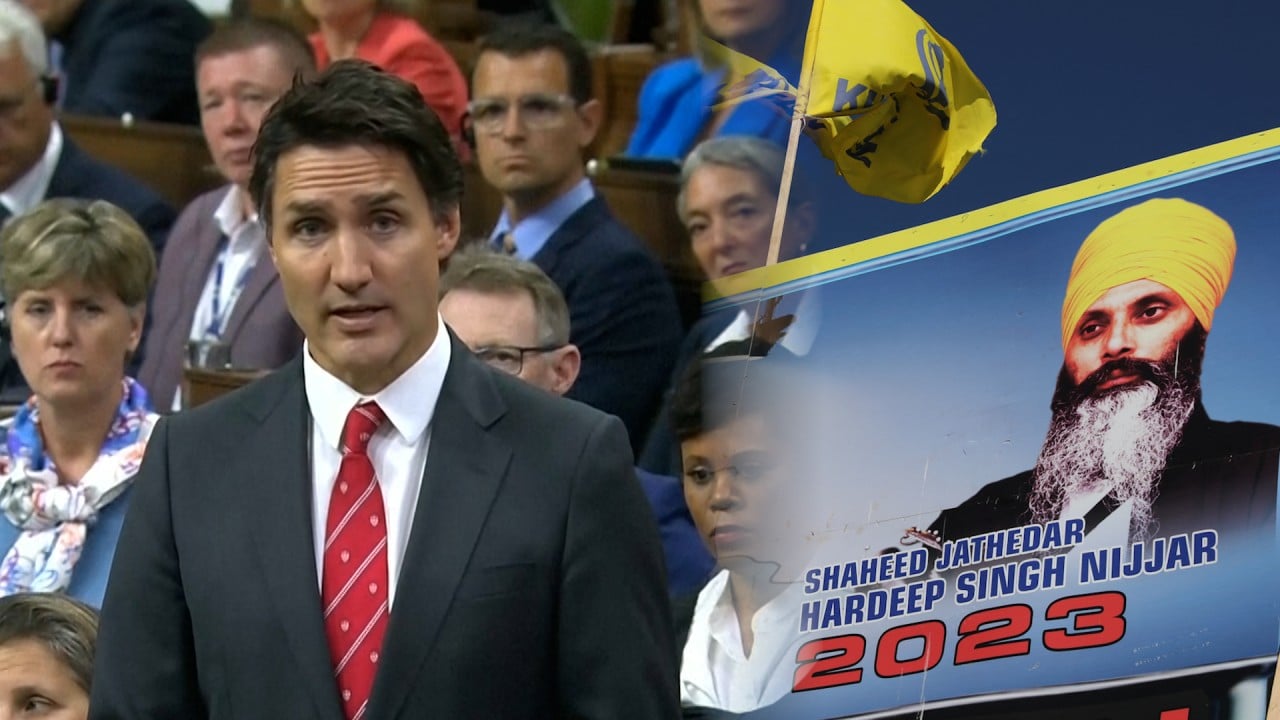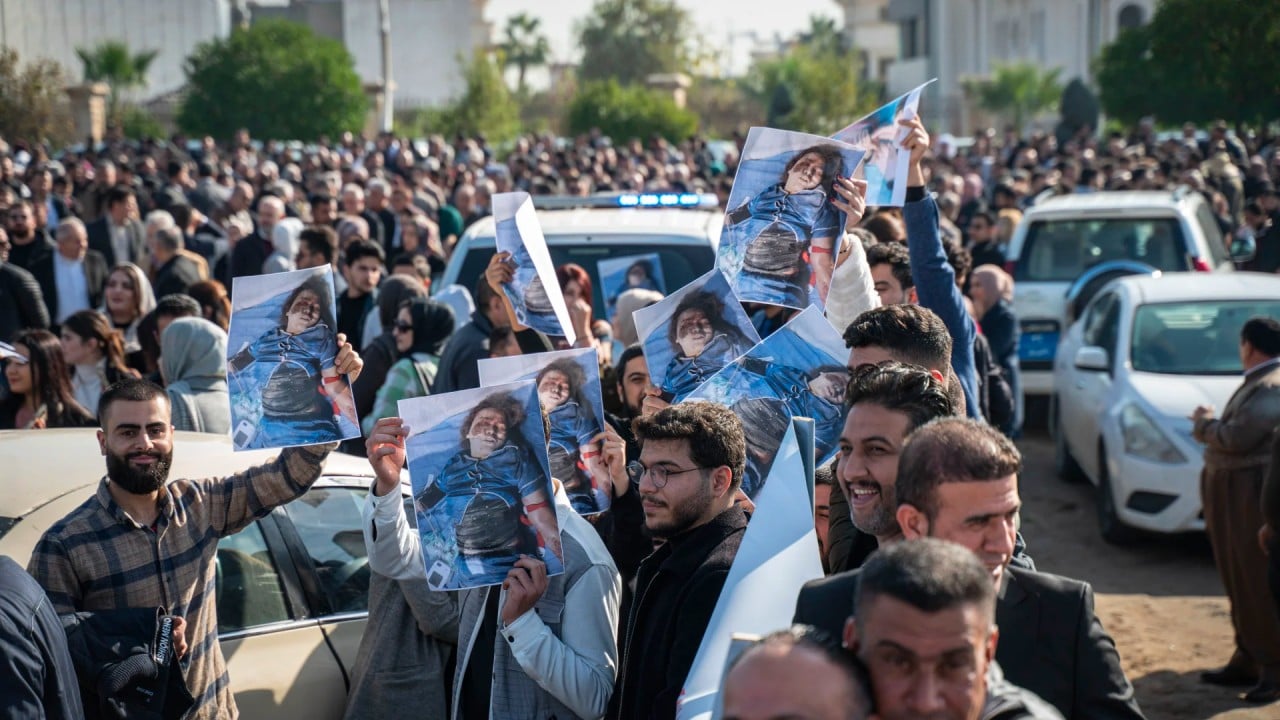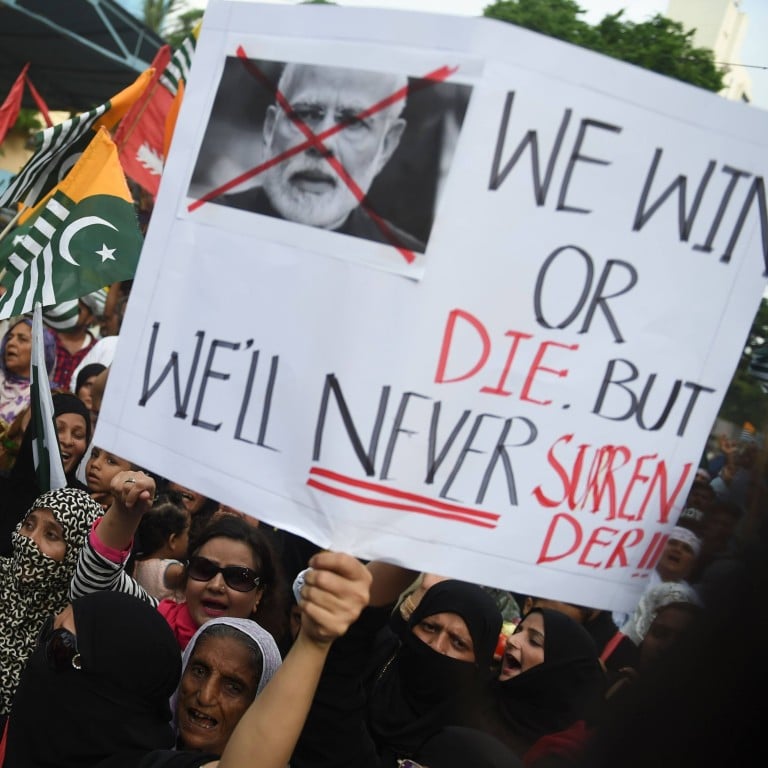
As Pakistan pins murder-for-hire plots on India in pre-election ‘signal’ to Modi, is their fragile peace at risk?
- Islamabad has vowed to publicise its investigations into 12 ‘Indian-sponsored’ assassinations that ‘fit the pattern’ of cases in Canada and the US
- Memories of cross-border strikes India carried out before its last polls in 2019 are still fresh, observers say, and Pakistan wants to avoid a repeat
Having previously remained silent about the targeted killings of anti-India jihadists in Pakistan last year, Islamabad now plans to publicise its investigations into 12 such assassinations, foreign secretary Muhammad Syrus Sajjad Qazi said on Thursday – accusing Delhi’s intelligence services of hiring hitmen to eliminate its enemies.
“These cases reveal the growing sophistication and brazenness of Indian-sponsored terrorist acts inside Pakistan,” Qazi said, adding that the killings “fit the pattern of similar cases” in Canada and the United States.
India-Canada ties go ‘south rapidly’ amid row over killing of Sikh separatist
Qazi’s allegations came a day after Pakistan’s army chief of staff General Asim Munir – the country’s most powerful official by far – took a hardline stance on diplomatic reconciliation with India.
“India has not reconciled with the concept of Pakistan, so how can we reconcile with it,” Munir told university students in Islamabad on Wednesday, highlighting the ideological schism that has existed between Hindu-majority India and Muslim-dominated Pakistan since they were carved out of British colonial India upon independence in August 1947.
“States have to have contingency plans in place and send signals to their adversaries,” he said, citing cross-border “surgical strikes” that Delhi carried out shortly before India’s last general elections.
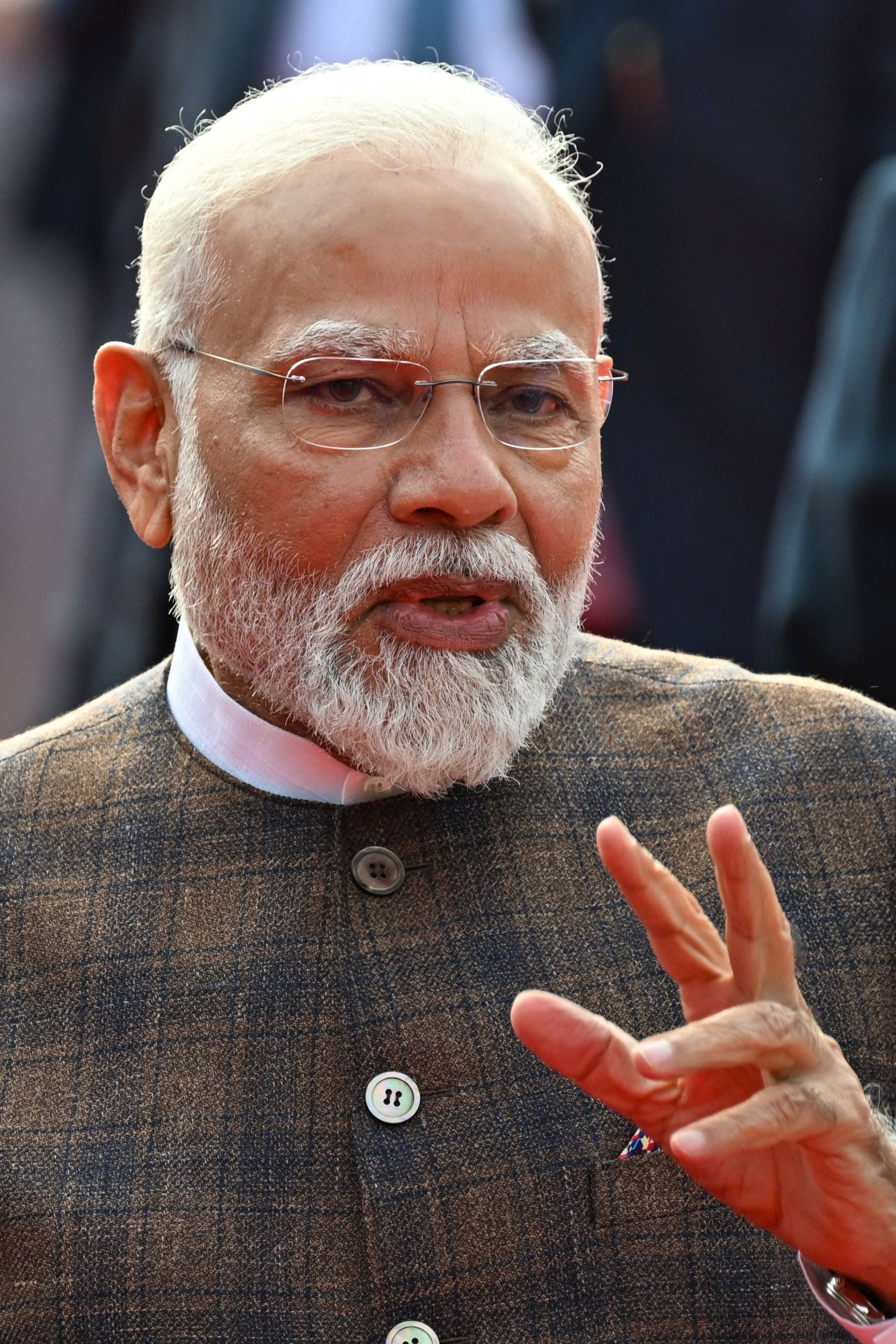
Sethi said it was obvious that the timing of the press conference by Pakistan’s top diplomat, coming immediately after the army chief’s remarks, was no coincidence.
He also observed that the assassinations had been ongoing for some time, and it was “obvious that India was involved”.
Randhir Jaiswal, spokesman for India’s ministry of external affairs, on Friday dismissed Pakistan’s accusations that it had ordered the assassinations of jihadists as “false and malicious propaganda”.
However, reports published by the Indian media last year about the killings included detailed profiles of each Pakistani jihadist that appeared to have been distributed by Delhi.
Pakistan says evidence shows Indian agents behind killings on its soil
Shahid Latif, whose assassination was mentioned on Thursday by Qazi alongside that of Mohammed Riaz, was identified in the Indian media reports as the “mastermind” of a deadly attack in 2016 on an air force base in Pathankot, in Indian’s northeast Punjab province.
Likewise, Riaz was identified as a senior Lashkar-e-Taiba operative allegedly involved in the planning of a terrorist attack in January 2023 in the Rajouri district of Indian-administered Kashmir in which five civilians were killed.
Indian media reports said the 12 men eliminated by assassins in Pakistan also included Zahoor Ibrahim, one of the five terrorists who hijacked an Indian Airlines flight to Delhi from Kathmandu in 1999 in order to secure the release from Indian prisons of four jihadists, among them Jaish-i-Mohammed chief Masood Azhar.
“There have long been indications that India has undertaken extrajudicial killings in Pakistan and likely several other countries in the region,” said Michael Kugelman, director of the South Asia Institute at the Wilson Centre, a Washington-based think tank.
Certainly, we have seen a government in India committed to more muscular approaches to targeting threats abroad
But only when it was accused of these actions in Canada and the US “did this practice come into sharper relief”.
India “appears to be following a playbook” used by a variety of states – pariahs and democracies alike – meant to target threats in other countries, and “especially when those countries’ governments are unwilling or unable to do so themselves”, Kugelman said.
“Certainly, we have seen a government in India committed to more muscular approaches to targeting threats abroad,” he said.
Former national security adviser Sethi said it was evident that Pakistan’s General Munir had sent several signals to India.
The first was Pakistan “thinks that India has interfered” on its territory, while the second was that “there will be no diplomatic rapprochement” if India continues to do so, Sethi said.
Pakistan’s retaliatory strike on a different Baloch insurgent group’s hideout in neighbouring southeast Iran was “more about reinforcing its deterrence against Indian attacks than it was a warning to Iran”, Sethi said.
Although there has been no evidence whatsoever to suggest that Iran conferred with India before launching the cross-border missile and drone strikes, Pakistan had to “consider all scenarios” in drawing up its responses, a senior Islamabad-based official recently told This Week In Asia on condition of anonymity, citing political sensitivities.
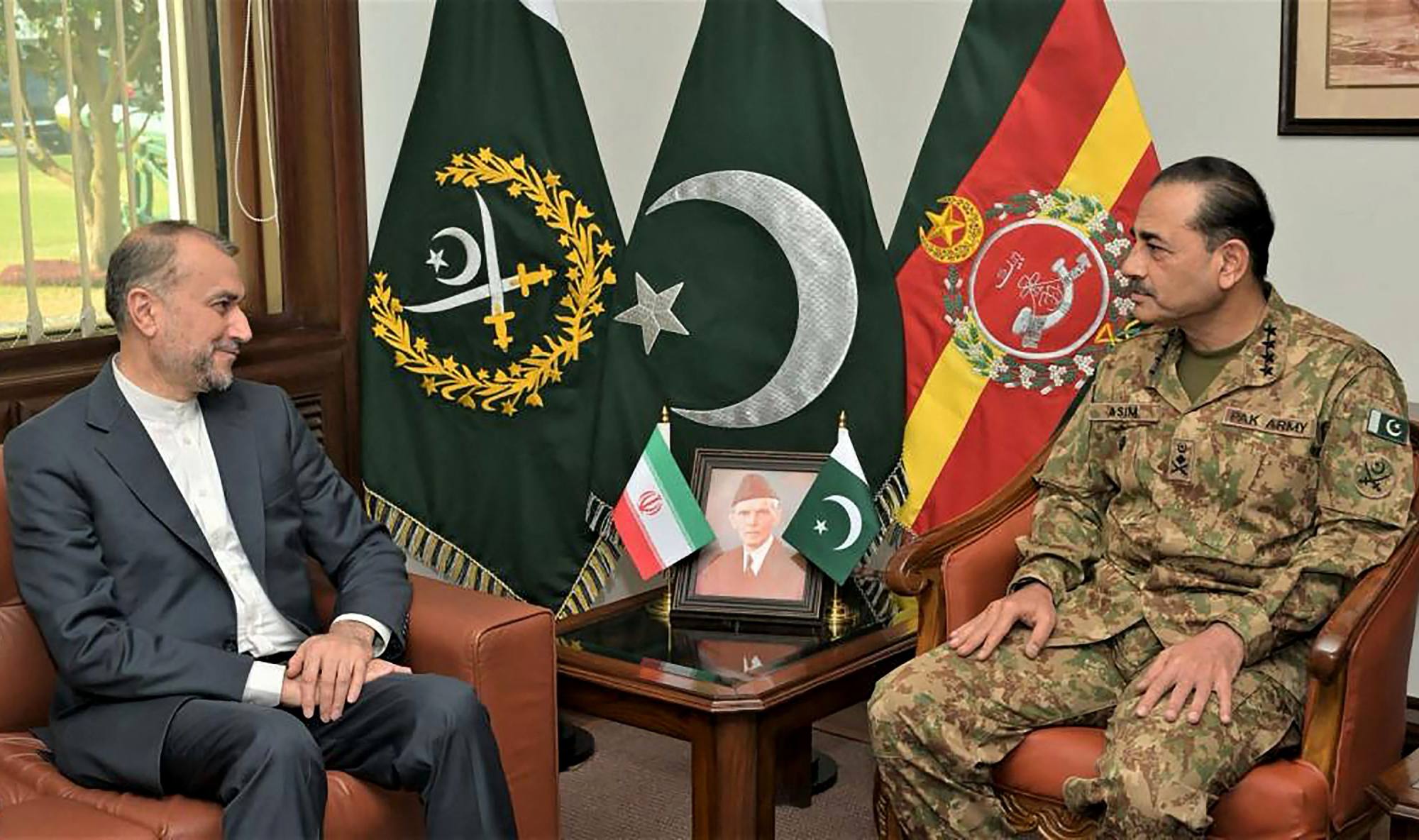
Pakistan’s considerations also include previous evidence of Indian backing for ethnic Baloch rebel groups fighting Pakistani forces from hideouts in neighbouring parts of Iran.
Low-intensity insurgencies have been ongoing in both the Iranian provinces of Sistan and Baluchistan, and the neighbouring Pakistani province of Balochistan for several decades.
Groups fighting Pakistani forces are largely Iran-based and operate under the umbrella of Baloch Raji Aajoi Sangar, while the Jaish al-Adl group recently bombed by Iran has havens in Pakistan.
Jadav was sentenced to death in April 2017 by a Pakistani military court and remains on death row.

India has denied Pakistan’s charges on interfering in Balochistan, and claimed Jadav ran a business in the Iranian port town of Chabahar and was kidnapped from there by Pakistani spies.
Islamabad’s long-standing worries about Delhi’s presence in Chabahar were further deepened by the agreement to develop its port struck by India’s foreign minister Subrahmanyam Jaishankar when he visited Tehran on January 15 – three days before the Iranian air strikes on Pakistan.
Chabahar port is located close to Chinese-operated Gwadar port in Pakistan, which connects China’s Xinjiang region to the western Indian Ocean overland through Pakistan.
Why India’s new trade corridor to Europe is no ‘anti-China project’ for the Gulf
Iran’s foreign minister Hossein Amir-Abdollahian visited Islamabad on Monday for talks aimed at repairing the damage to relations with Pakistan caused by their exchange of air strikes.
Speaking at a joint press conference with Pakistan’s foreign minister Jalil Abbas Jilani, Amir-Abdollahian said the terrorists operating near the Iran-Pakistan border “enjoy support from third parties”, although he didn’t name them.
He vowed not to allow the terrorists to harm Iran’s relationship with Pakistan or to threaten the security of their shared border.
India and Pakistan have fought two wars and several localised conflicts over the disputed Himalayan territory of Kashmir, as well as a 1971 war that led to the secession of Bangladesh from Pakistan.
The last major incident saw Indian warplanes cross into Pakistani airspace in February 2019 to bomb a seminary near the northern town of Balakot operated by the Jaish-i-Mohammed militant group.
The rare incursion was characterised by Delhi as “surgical strikes” against the group it held responsible for a suicide bombing that killed 40 policemen in Indian-administered Kashmir earlier that month.
The air strikes whipped up patriotic fervour in India and were widely considered to have aided the subsequent victory of Modi’s Hindu nationalist Bharatiya Janata Party in 2019’s general elections.
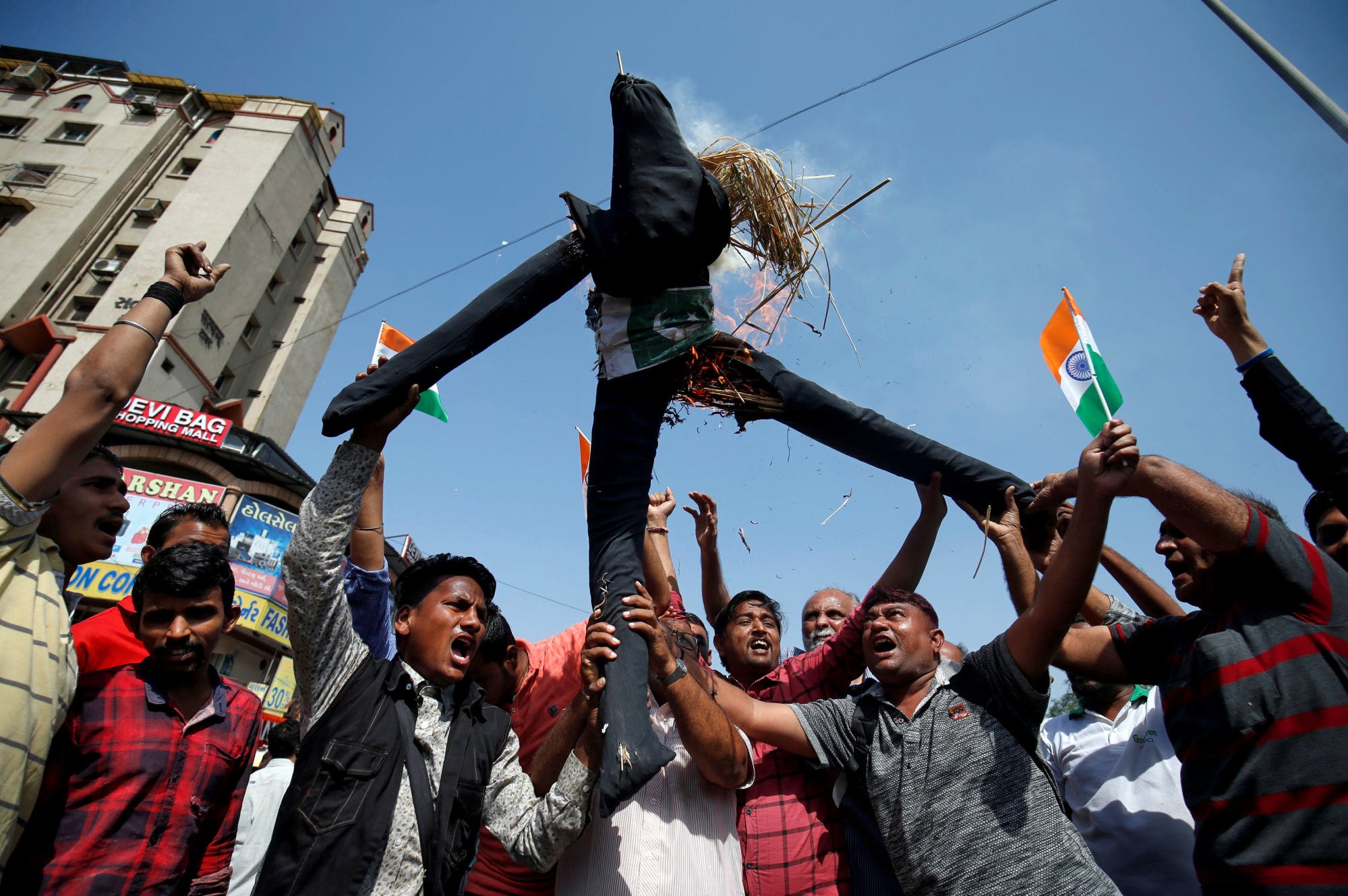
In India, concerns about cross-border terrorism surged soon after Modi was elected prime minister for the first time in 2014.
Wilson Centre’s Kugelman said “a seminal moment for New Delhi” was the attack on Pathankot airbase in January 2016 that was allegedly planned by Latif shortly after Modi made an impromptu visit to Pakistan.
“That prompted a more assertive approach, and we continue to see that play out today,” he said.
Years of skirmishes between Indian and Pakistani forces stationed along their disputed border in Kashmir, known as The Line of Control, escalated further after the Modi administration in August 2019 suddenly revoked the special constitutional status of the half of Kashmir that India controls, prompting Pakistan to cut off diplomatic ties.
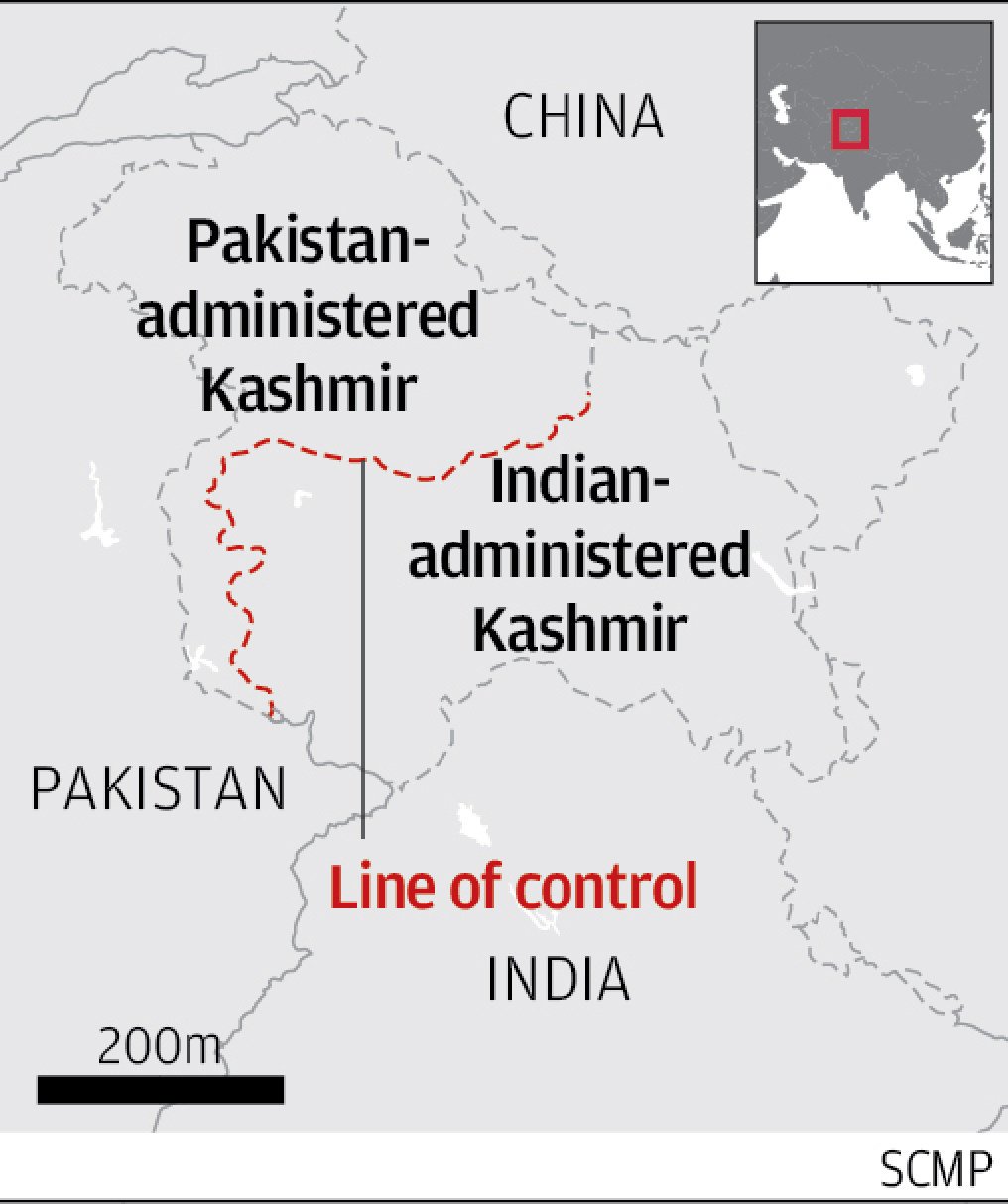
Rather than gaining diplomatic support for its case against India’s annexation of the disputed territory, however, Pakistan came under international pressure to rein in the jihadist groups.
Pakistan’s economy suffered as a result of being placed on the watch list of the Paris-based Financial Action Task Force, a money laundering watchdog established by the G7 group of nations, between 2018 and 2022.
This compounded Pakistan’s growing political instability, worsening economic stress, and a resurgence of anti-state terrorism in recent years.
India and Pakistan agreed to end hostilities along The Line of Control in February 2021.
How India and Pakistan can make a ceasefire agreement stick
Since then, Islamabad has “likely sought to limit cross-border incursions and keep a leash on state-aligned, anti-India militants”, so as not to cause another crisis with India with so much to deal with at home, Kugelman said.
But it would be “premature to suggest that empowering and emboldening these militants is a thing of the past”.
He said these violent actors “continue to have utility for Pakistani policy, even if only in principle”, because they compensate for the conventional military superiority that India enjoys over Pakistan.
In this sense, “if the bilateral relationship experiences more strain”, whether through intensifying Indian targeting of these actors on Pakistani soil or through increasing ceasefire violations on The Line of Control, “one can’t rule out Pakistan stepping back and giving more space to violent anti-India outfits”, Kugelman said.
“It’s happened before and it could happen again,” he added.


